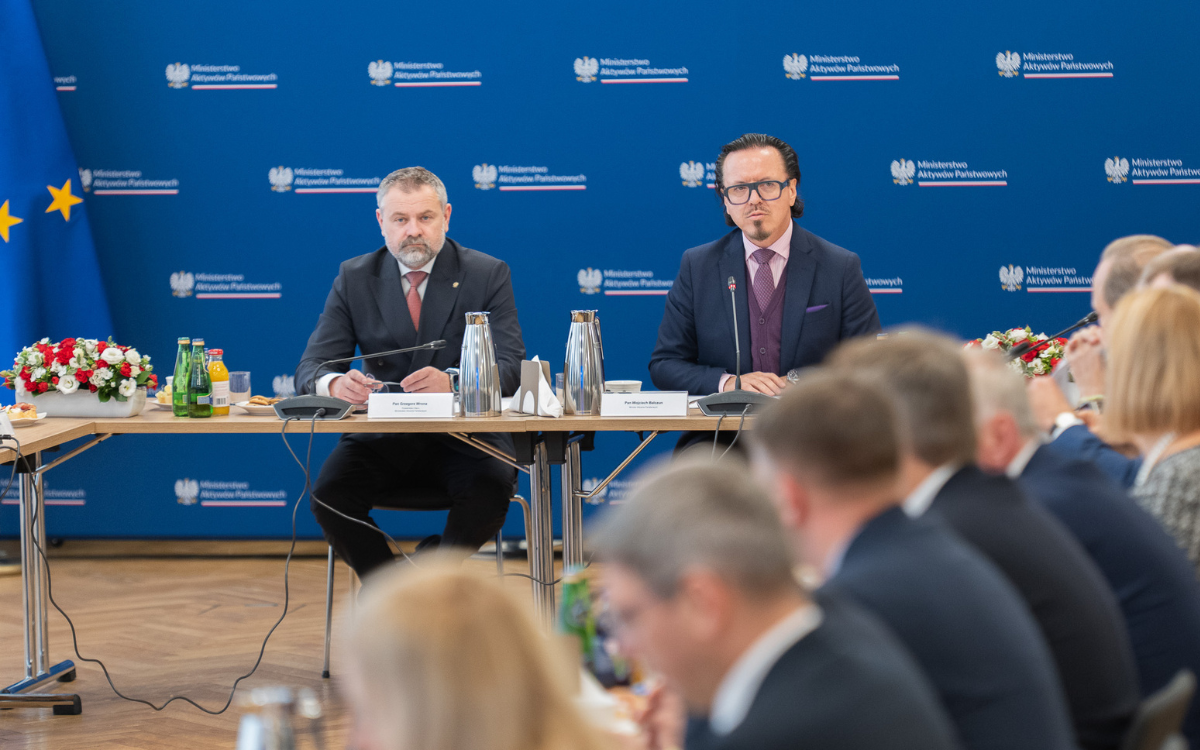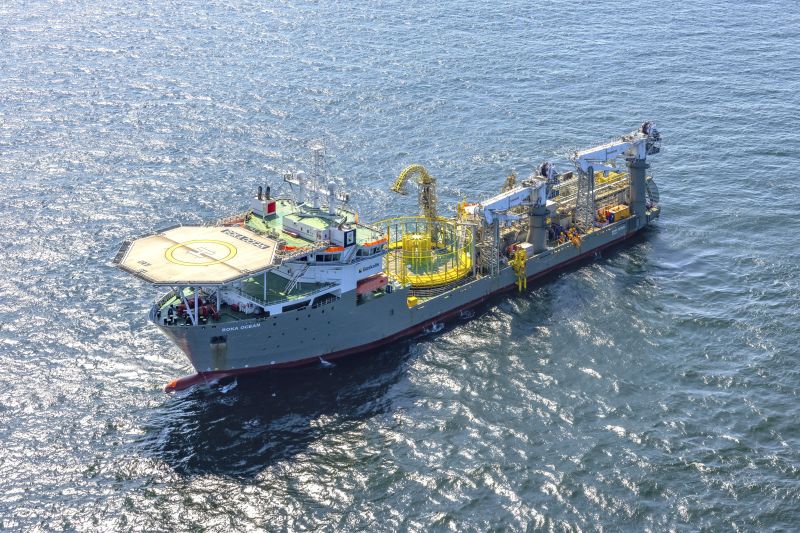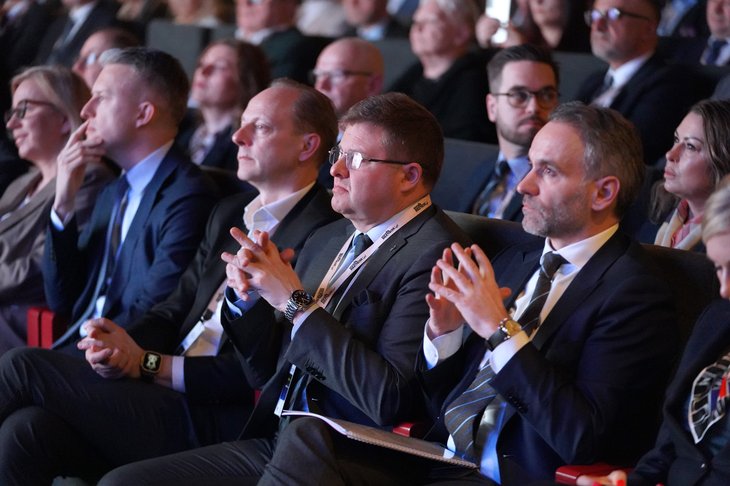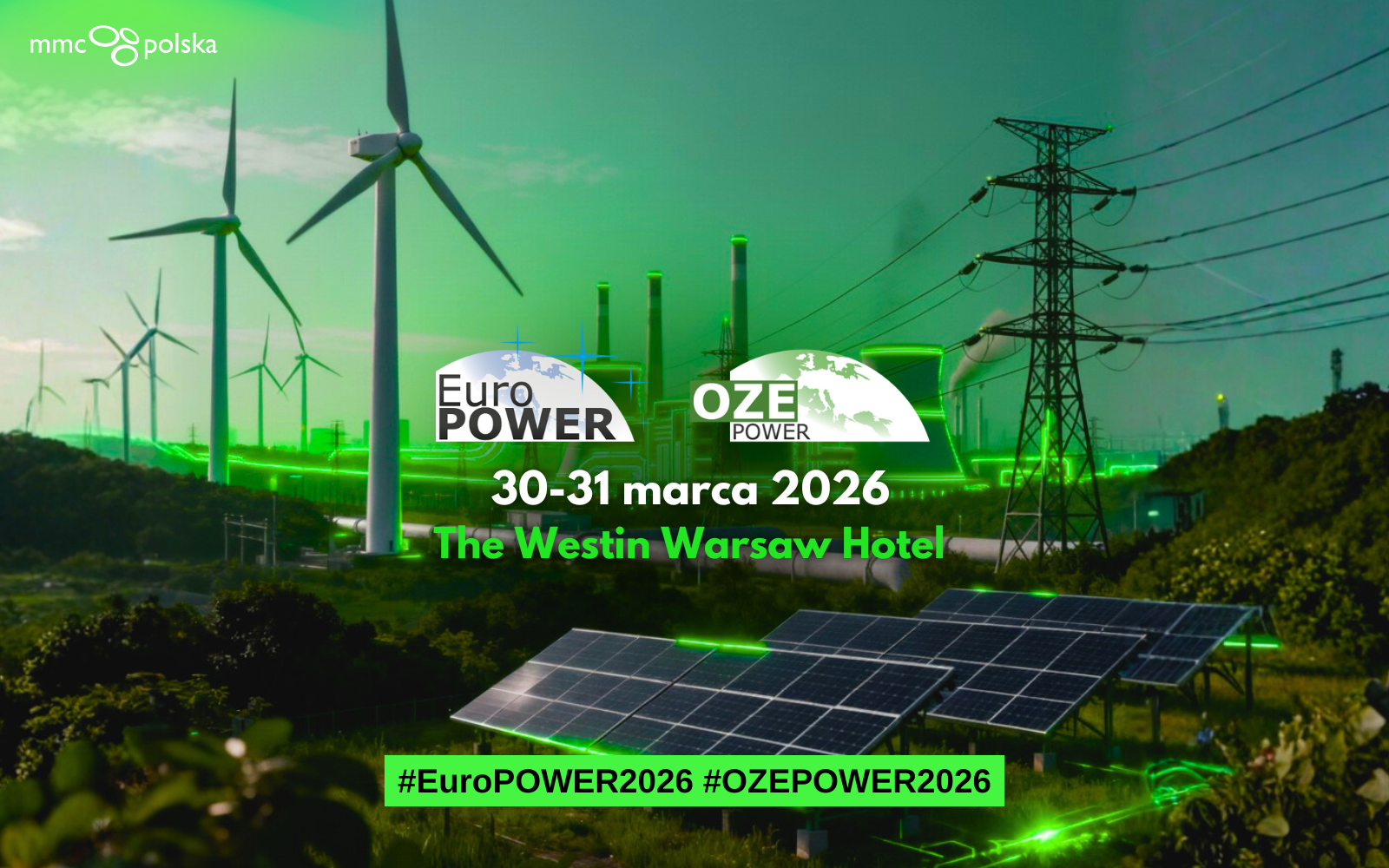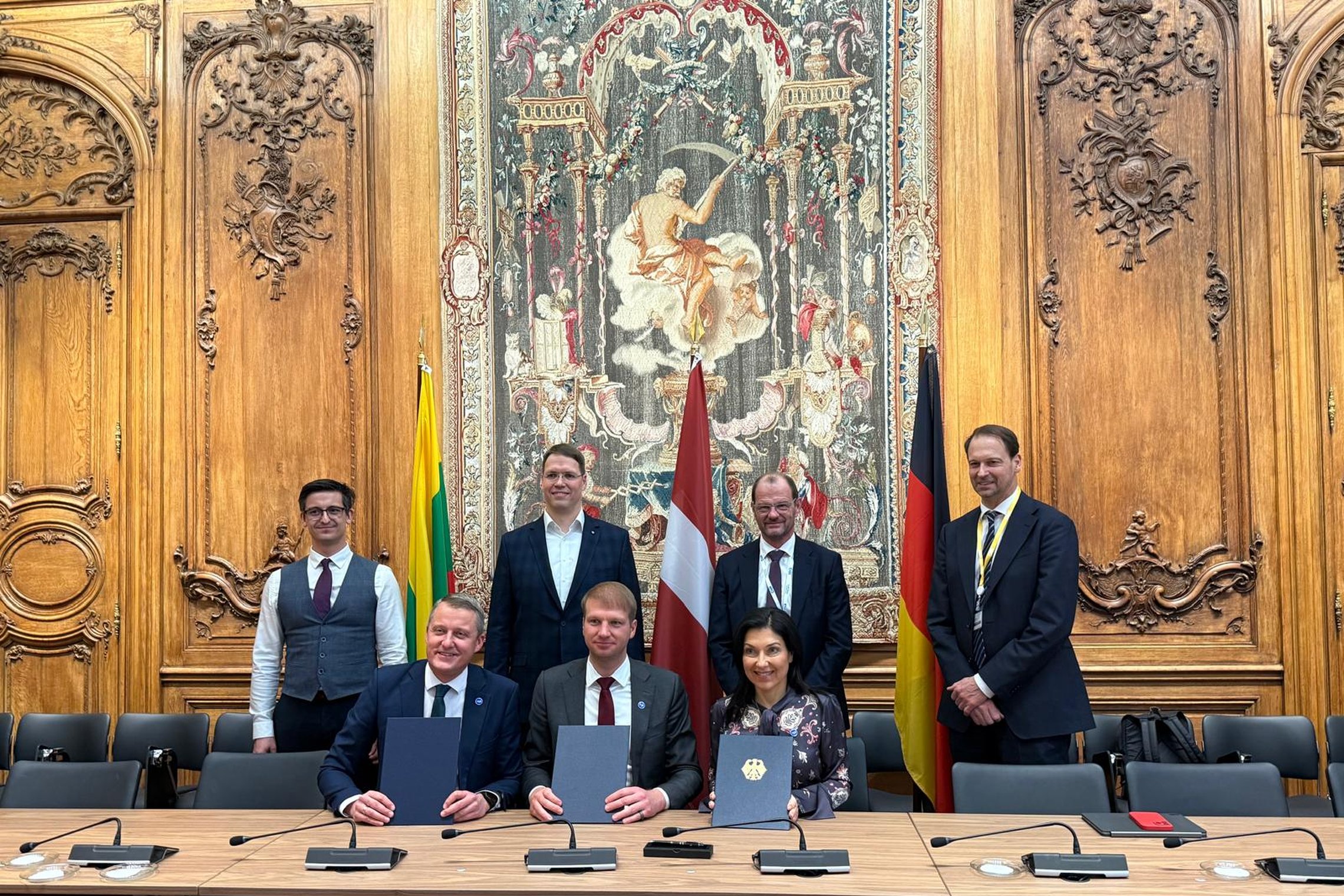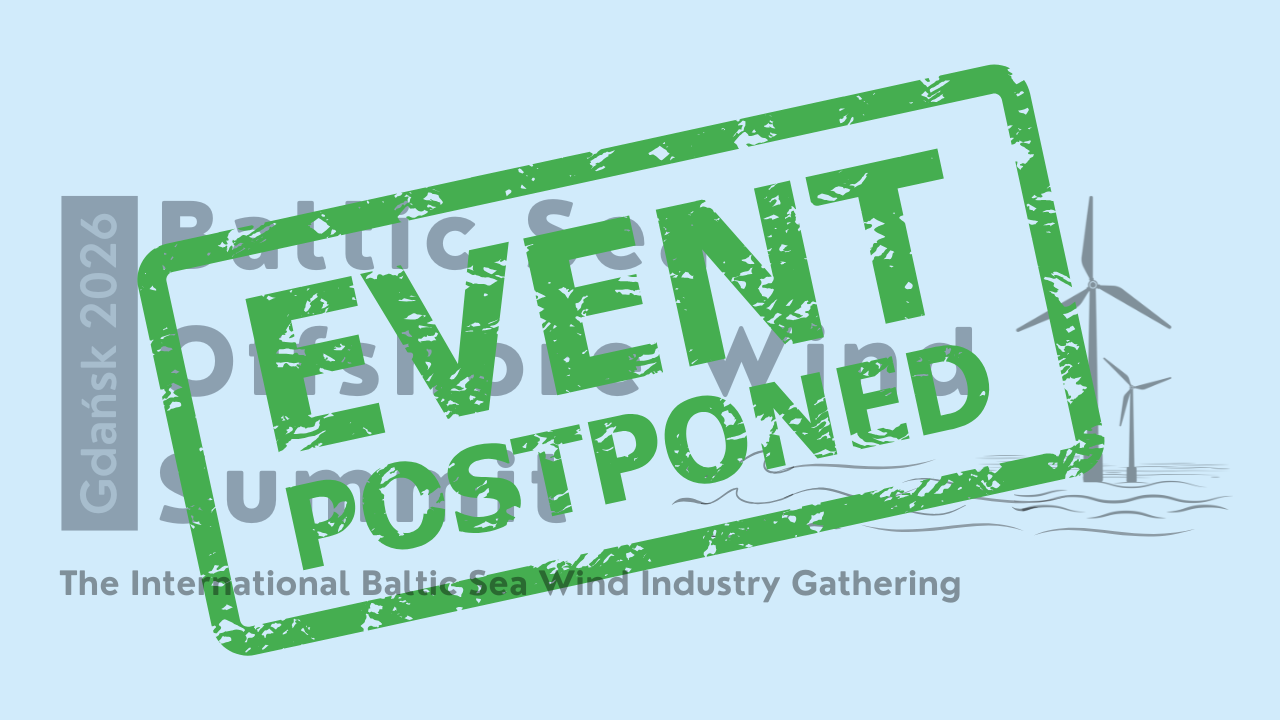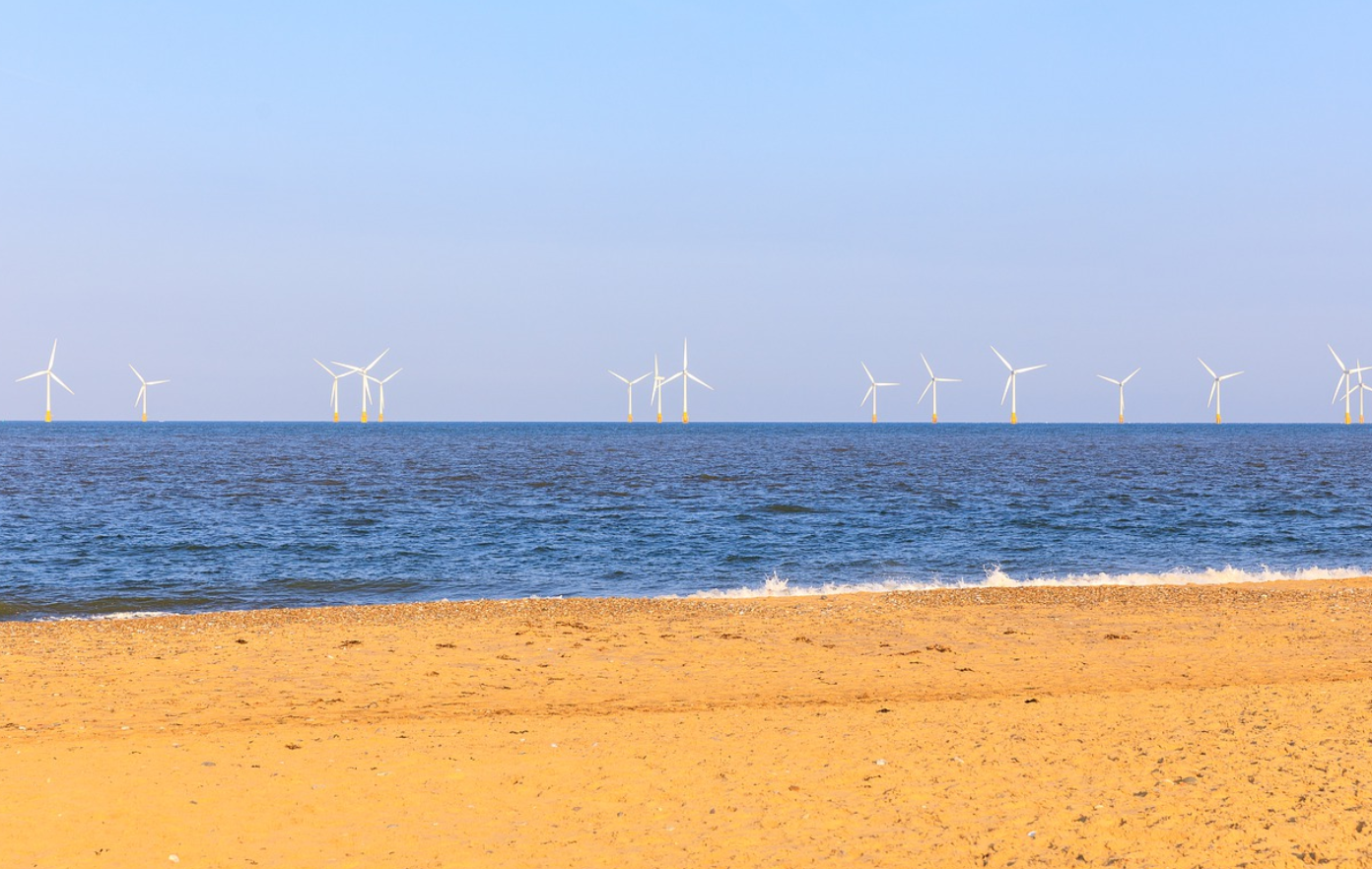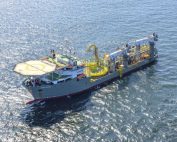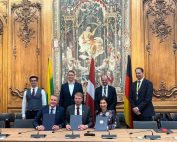On 30 October 2025, the Polish Ministry of State Assets (MAP) held the first meeting of the newly established Team for the Participation of Domestic Components in Key Investment Processes. The session was chaired by Minister Wojciech Balczun. One of the key outcomes was the appointment of the Industrial Development Agency (ARP) as the Coordinator for Domestic Content.
For the offshore wind sector, this is a clear signal that the Polish government is elevating local content to a top strategic priority for the coming years.
Repolonisation understood as local content
MAP defines local content as a priority for the government’s second half of the term. The goal is to increase the participation of Polish companies, manufacturers and service providers in investment projects carried out by state-owned enterprises. This is expected to support domestic production, job creation and long term industrial capacity.
Opening the inaugural meeting, Minister Wojciech Balczun stressed that local content is not just a short term political objective, but a long horizon shift in economic strategy.
“Czytamy komponent krajowy i local content znacznie szerzej niż tylko i wyłącznie jako priorytet dla rządu na najbliższe dwa lata. Jeżeli efektywnie popracujemy w tym gronie i stworzymy podwaliny pod nowe myślenie w całym systemie, to jest to projekt na dekady. Będzie to flagowy element pokazujący, że my jako Polska, która była krajem aspirującym przez ostatnie trzy dekady, staliśmy się krajem świadomym i ambitnym. Jesteśmy 20. gospodarką świata, liderem w Europie i mamy ambicje, żeby być kluczowym graczem w naszym regionie. Powinniśmy być bardzo mocno zorientowani na wspieranie własnego biznesu, własnych producentów i dostawców usług” said the Minister.
This political messaging is significant for the offshore wind industry, one of the sectors explicitly identified by MAP as strategic for domestic supply chain development.
Who gathered at the table
The meeting brought together representatives of key ministries, national institutions and major state-owned companies, including:
Paulina Hennig Kloska, Miłosz Motyka, Arkadiusz Marchewka, Paweł Bejda, Ireneusz Fąfara, Dariusz Marzec, Bogdan Benczak, Szymon Midera, Mirosław Czekaj, Katarzyna Kowalska, Arkadiusz Bąk, Ilona Deręgowska, Agnieszka Olszewska, Renata Bielak and Dorota Jeziorowska.
The presence of CEOs from Orlen, PGE, BGK, KUKE and other national champions indicates that the Team’s work will likely impact not only regulatory frameworks, but also financing, export capacities and public procurement standards.
Local content as a tool for resilience and strategic autonomy
MAP emphasises that strengthening domestic content is a response to heightened global competition and the need for greater economic resilience in times of geopolitical tension. The ministry aims to create conditions for maximising the participation of Polish firms in strategic investments, including offshore wind and nuclear energy.
The Team’s objectives include:
• defining the concept of domestic content,
• developing a methodology for measuring domestic participation,
• reviewing legal frameworks and international best practices,
• designing a pilot project, potentially in onshore and offshore renewables,
• preparing a set of good practices for investors.
During the meeting, members reviewed the scope of tasks and the work schedule, as well as examples of regulatory solutions promoting domestic content from four selected countries.
What this means for the offshore wind sector
For Poland’s offshore wind industry, MAP’s decisions may have far reaching implications.
In practice, this could mean:
• a unified definition and measurement method for domestic content in offshore wind,
• coordinated good practice standards applied by state-owned developers,
• dedicated support tools for Polish manufacturers and service providers,
• stronger political and regulatory pressure to build local industrial capacity,
• closer institutional coordination across financing, procurement and industry development.
If the offshore sector is included in the pilot project, this initiative could become a turning point for building a long term, competitive Polish supply chain for the Baltic Sea.
